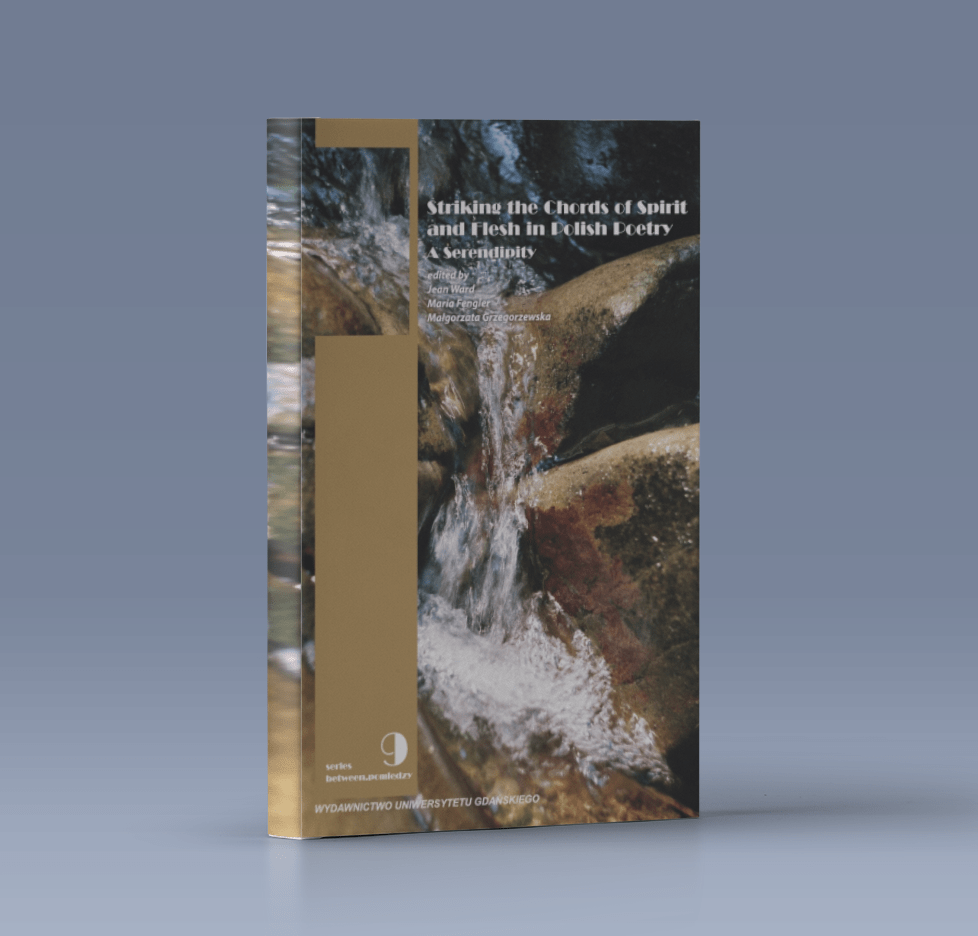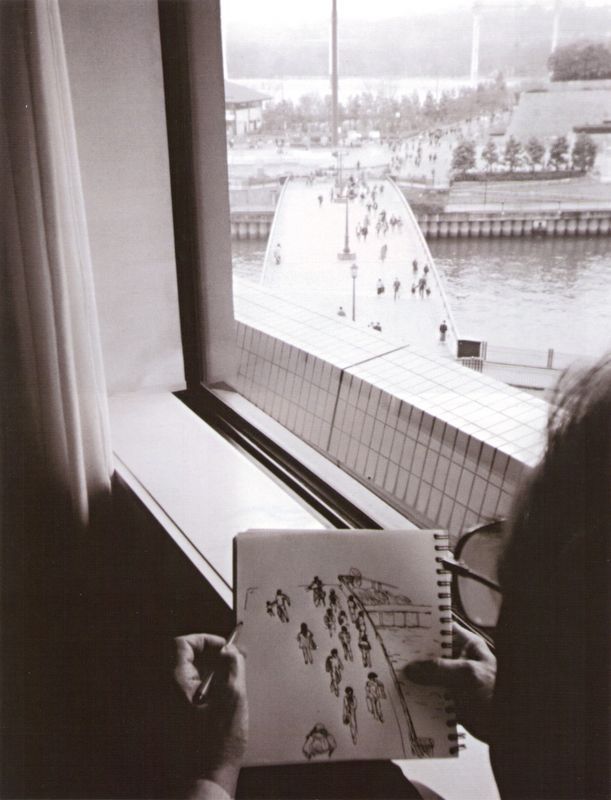Recenzja książki „Striking the Chords of Spirit and Flesh in Polish Poetry…” w czasopiśmie „Moderne Sprachen”
W czasopiśmie „Moderne Sprachen” nr 64.2 (2020) ukazała się recenzja książki Jean Ward, Marii Fengler i Marii Grzegorzewskiej Striking the Chords of Spirit and Flesh in Polish Poetry. A Serendipity wydanej w serii Boto.Between. Poniżej prezentujemy fragment tekstu. Całą recenzję można znaleźć na stronach 231-232.
„Reviewing a collection of essays like Striking the Chords of Spirit and Flesh in Polish Poetry. A Serendipity five years after its publication date might seem like being late to the party, especially when the conference which inspired the volume (itself titled Poetry: Flesh Made Word. Word Made Flesh) took place in Gdańsk in 2013. In this case, however, the subject matter is timeless indeed: Polish poetry and religion.
The volume contains seventeen essays, which together offer an overview of Polish poetry from the Baroque up to the present day – all with a focus on the theological connection between spirit (“duch”) and flesh (“ciało”). This overview is by no means meant to be exhaustive, as Jean Ward, who together with Maria Fengler and Małgorzata Grzegorzewska is one of the editors of the collection, writes in her introduction. The individual essays, while focusing on works from four centuries of Polish literary history, are case studies.
(…)
The broad range of authors presented in the volume (…) includes more prominent poets, like Nobel Laureate Czesław Miłosz or the romantics Adam Mickiewicz, Juliusz Słowacki, Zygmunt Krasiński, and Cyprian Kamil Norwid, but also those who are not well-known even in Poland, like Baroque poet Stanisław Herakliusz Lubomirski. Especially interesting is Wacław Grzybowski’s essay about Karol Wojtyła’s poetry, since Wojtyła is generally more widely known as Pope John Paul II and not as the poet he was, too, for his entire life.
While this broad scope tends to give the volume a rather eclectic character – for example, it also contains an essay by Fr. Józef Tischner, which offers philosophical context, and an excellent contribution by Bill Johnston about the process of translating contemporary poet Eugeniusz Tkaczyszyn-Dycki – it also allows it to contain something of interest for readers of different backgrounds. To ensure that these readers are indeed reached, the volume also remedies the problem that a lot of the works of the poets discussed are not available in English (or, for that matter, German or French) translation. All quoted poems are translated into English, while a small anthology of such translations concludes the volume. This is particularly helpful for readers who approach the book without a background in Slavic or Polish Studies, but with a theological outlook, and might spark more interest in the interplay between Polish poetry and religion.
(…)
Striking the Chords of Spirit and Flesh in Polish Poetry offers refreshing perspectives both for literary scholars and theologians. At the same time, it completes a successful balancing act – between serving as an introduction to Polish (religious) literary history that looks for and finds parallels among others in English and French literature, and as a work of both in-depth and interdisciplinary research”.
Autorem recenzji jest Bob Muilwijk (Paris-Lodron-Universität Salzburg).

